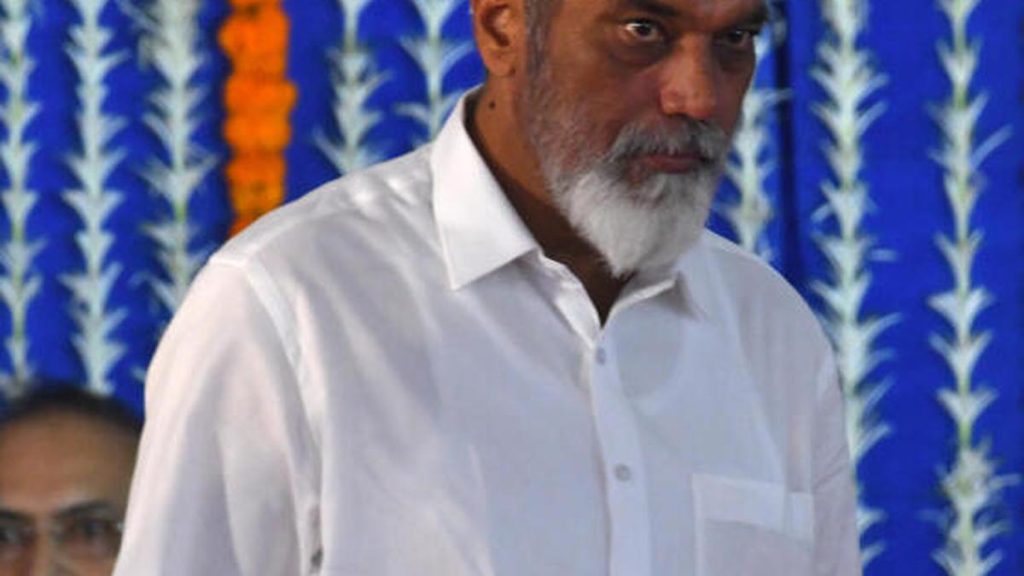Now Reading: Bombay High Court Rejects Plea Against Rahul Gandhi Over Savarkar Remarks
-
01
Bombay High Court Rejects Plea Against Rahul Gandhi Over Savarkar Remarks
Bombay High Court Rejects Plea Against Rahul Gandhi Over Savarkar Remarks
Quick Summary
- The Bombay High Court dismissed a public interest litigation (PIL) filed by professor Pankaj K. Phadnis alleging that Rahul Gandhi made “immature” remarks about Hindutva ideologue Vinayak Damodar Savarkar.
- The petition sought the court to compel Mr. Gandhi to study the petitioner’s research and learn about Savarkar before making allegedly irresponsible statements.
- Remarks attributed to Mr. Gandhi included describing Savarkar as someone who humiliated Muslims and calling him a coward during comments made in March 2023 in London and at a press conference.
- The Division Bench, led by Chief Justice Alok Aradhe and Justice Sandeep Marne, noted that similar cases had already been dismissed by the Supreme Court.
- Observing procedural limitations, the Bombay High Court stated it could not order Mr. Gandhi to read or be cross-examined on the contents of the petition.
- A criminal defamation case against Rahul Gandhi by Satyaki savarkar, grand nephew of Vinayak Savarkar, is pending before an MP/MLA court in Pune.
Indian Opinion Analysis
The dismissal of this PIL reinforces strict judicial standards for petitions targeting public figures with demands beyond legal scope-such as compelling someone to study ancient material or offering directions based on personal grievances regarding political commentary. While freedom of speech allows individuals like Rahul Gandhi to express views-even controversial ones-on historical personalities such as Vinayak Damodar Savarkar, judicial oversight ensures proportional limits on claims stemming from such discourse.
The invocation of high-profile figures like Mr.Gandhi underscores heightened sensitivities around India’s history and ideological symbols; however, continual legal challenges might be seen as attempts to regulate political rhetoric rather than resolve specific harms or establish facts conclusively through evidence-backed dialog processes.
For India’s judiciary, balancing respect for free expression with deterrence against frivolous petitions remains critical when handling disputes interwoven with politics or cultural history.
























